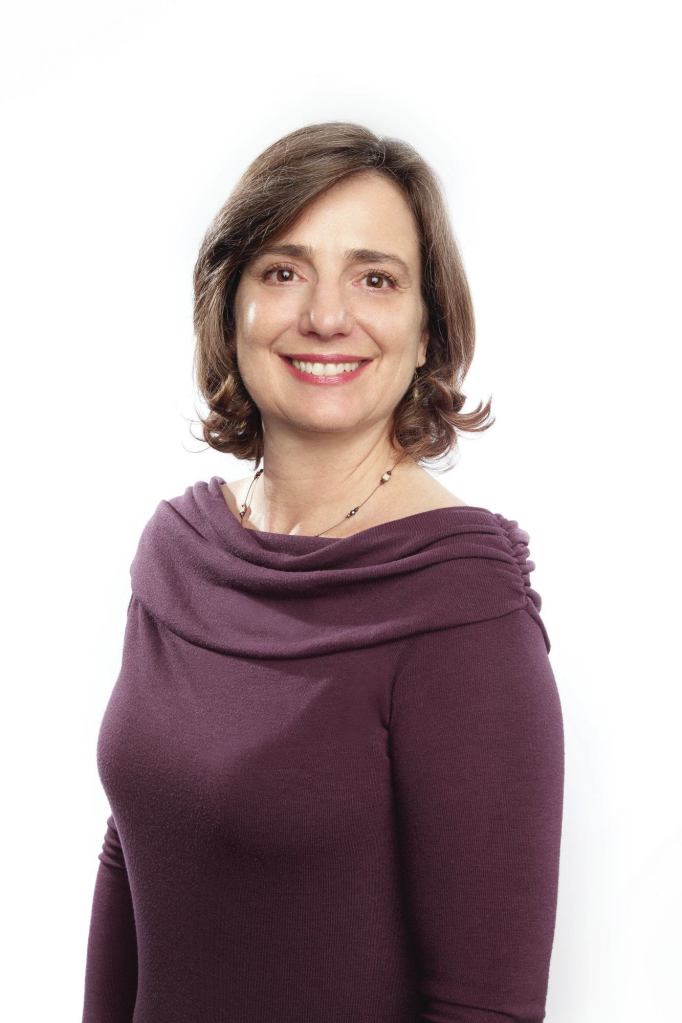Trained in interior design, with a degree from Washington State University, Denise Fong found herself venturing into lighting initially from the vantage point of interiors. Participation in the International Association of Lighting Designers intern program gave her a new perspective and exposure to a cross-section of the lighting community. Those early experiences have stayed with Fong as she has mapped out her career in the areas of expertise of healthcare lighting and sustainability. And they have helped her while building the lighting practice Candela over the past 18 years, which is a division of Seattle area engineering firm Sparling.
How do you view the relationship between architecture and architectural lighting?
There’s a convergence happening in many areas of design around the built environment. I think that sustainability is perhaps responsible for drawing us closer together and blurring the lines between where one discipline starts and the other one stops.
Are there designers that influenced you when you were first getting started in lighting?
Jules Horton. Jim Nuckolls. Jeff Milham. Lesley Wheel. Howard Brandston. At the time, I didn’t really understand that these were the first generation of really true lighting designers. Here I was sitting in the conference room listening to them. In hindsight, I realize what a fantastic opportunity that was.
What fascinates you about light?
The intangible nature of it. I learn something almost every day about light, the way it reacts with materials, shapes, or forms. It keeps me wanting to come back to the office to see what new thing we’re going to find out today.
How has the profession changed since you first started working?
The most interesting change is the fact that today people understand why they need a lighting designer. When I first started working we spent a lot more time explaining why they needed our services.
How would you describe what it is that a lighting designer does?
As a part of the overall architectural team, it’s our responsibility to make sure that the vision of what the visual quality of the lighting environment is intended to be comes to fruition.
What advice would you give a young designer?
Seek out ways to learn more about lighting through travel, experimentation, and studying what others have done.
“I still get excited when I go to a project that’s just finishing construction, and they turn the lights on and it looks like what I imagined it to look like. I really love seeing it. It’s like, ‘Wow, that’s just what I thought it was going to be.’”
— Denise Fong, principal, Candela
